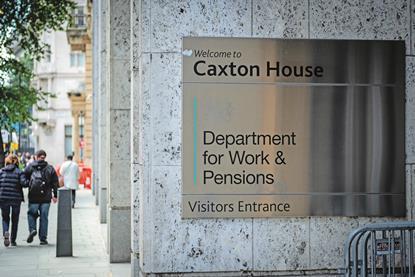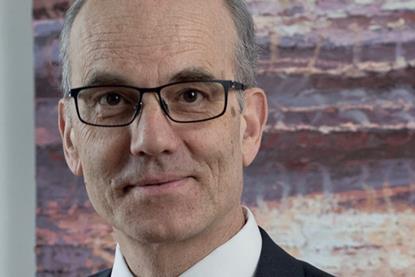Country Reports
In-depth regular coverage and asset manager surveys on European countries and regions
Latest Country Reports
Pensions in Switzerland report 2026: Swiss franc strength forces domestic pension funds to adopt costly hedging strategies
The Swiss franc is seen as a safe haven in times of trouble, but its strength causes problems for the country’s pension funds
Nordic Region pension funds report 2025: ATP hits back at critics on risk structure
An academic discussion in a leading business journal has spilled over into a fully fledged debate with the fund’s leadership
Netherlands country report 2025: Is the fiduciary management outsourcing trend set to continue?
Time to throw in the towel? Now even established in-house teams are shutting up shop
France country report 2025: The rise – and rise – of the French IORP
France’s approach to the IORP framework introduced in 2019 has propelled it into fourth place in size in Europe
Italy country report 2025: Pension funds step out of their comfort zone, diversify portfolios
While maintaining a domestic bias, Italian institutions are venturing into new asset classes to further diversify their portfolios
UK country report 2025: Defined benefit pension schemes face surplus unlock dilemma
Defined benefit pension schemes could face some tough decisions on how to deal with surpluses if planned legislative changes to ease access come into effect
Germany country report 2025: New government faces choices on pensions reform
The collapse of Germany’s three-party coalition last year left behind a backlog of laws and proposals on pensions. What happens now?
Ireland country report 2025: Post-election – is auto-enrolment coming?
After successive delays, the country’s new auto-enrolment retirement system is finally set to get off the ground this year
Nordic Region pensions funds report 2024: Finland's funds face call for greater defence investment
Allocating capital to preparedness could boost European competitiveness
Spanish country report 2024: Pension funds eye a new rate environment
Buoyed by strong returns, pension funds have been lengthening the duration in their fixed-income portfolios
Switzerland country report 2024: The trouble with Swiss second-pillar pension reform
Attempts to reform occupational pensions continue to fail, risking undermining public trust. But pension funds have already been making their own pragmatic changes
Netherlands country report 2024: Dutch pension funds distribute buffers
The arguments heat up over what to do with excess funds in Dutch pension schemes
French workplace pensions grow as reform controversy recedes
Macron’s controversial pension reforms look likely to survive, at least for now, and despite the political turmoil of the recent elections
Italy Country Report 2024: How local pensions could support the economy
The Italian pension industry and policymakers are discussing ways to channel more pension investment towards the country’s business sector
Nordic Region Report 2024: Denmark’s government urges pension funds to support defence
Danish schemes embrace defence – as long as ESG criteria and international conventions are adhered to
UK Country Report 2024: Is buyout still the gold standard for pension funds?
Improved funding positions mean more DB schemes are considering run-on rather than off-loading their liabilities
Netherlands Country Report 2024: The pension transition dilemma
Dutch pension funds must tread a fine line between protecting funding levels and ensuring sufficient returns as they move to defined contribution
Germany Country Report 2024: Unions take a more active role in pensions
Unions have a new role in determining the shape of occupational pensions but are mindful of their duty to protect workers
Ireland country report 2024: A no-nonsense consolidation approach
Ireland’s bid to reduce the number of single-member DC pension funds is succeeding but is not without teething troubles
CEE country report 2024: Poland’s auto-enrolment system - five years on
Slow but steady progress in auto enrolment is driving growth in workplace pension assets and membership
Nordic Region pensions funds report 2023: Norway's sovereign fund pivots north
Plans are afoot to set up a new base in northern Norway to manage sovereign wealth assets
Spanish pensions report 2023: funds ride a wave of uncertainty
Diversification remains a key tool in pension fund portfolios





























